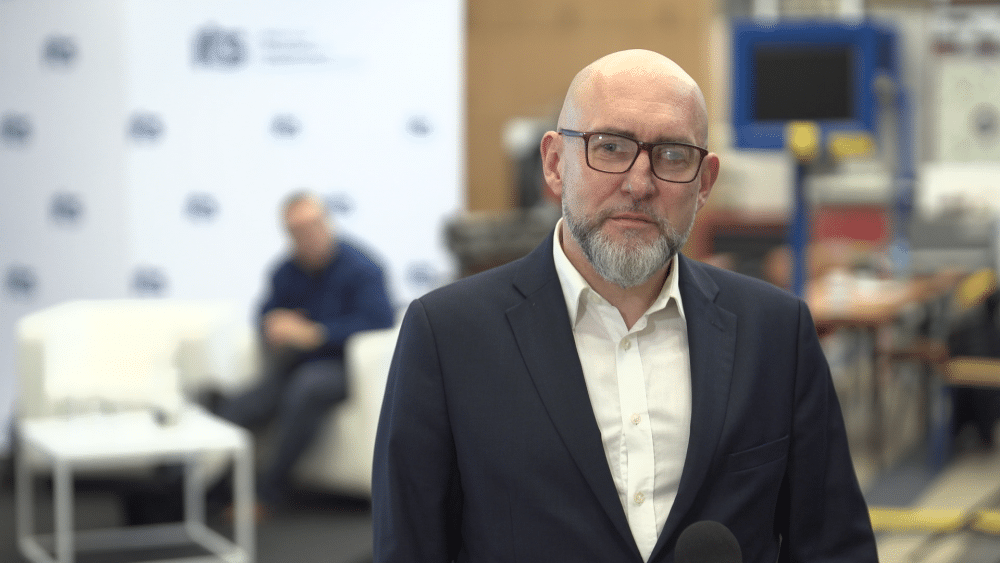The algorithms of autonomous cars will be able to learn the nuances of Polish roads before they actually hit them, thanks to a database of over 800 real-life traffic scenarios in Poland under various conditions. This database is a joint project of the Institute of Motor Transport and Warsaw University of Technology, with results expected in 2025. The database, which will be available as open-source information, is aimed at encouraging manufacturers to test autonomous vehicles in Poland. Additionally, new regulations aimed at facilitating research in this field are being worked on by the Ministry of Infrastructure, set to be adopted in the first quarter of 2025.
The Ministry of Infrastructure is starting work on changes to traffic regulations to simplify the testing of autonomous vehicles and their equipment on public roads. They argue that the current laws, in place since 2018, are insufficient and overly restrictive, stifling developments in the automotive sector. Among the revisions being considered are a new definition of an autonomous vehicle, the dependency of public road tests on prior tests on research tracks and civil liability insurance of the testing entity, new obligations and responsibilities of the test organizer and the requirement to inform (rather than consult) local residents about the tests.
Preparations for autonomous car tests are ongoing not only legislatively, but also technically. The DARTS project is a Polish initiative designed to facilitate testing of autonomous vehicles for the Polish market. It involves creating a database of test scenarios filmed in key locations in Poland, representing infrastructure that is characteristic for the country.
The DARTS-PL (Database of Autonomous vehicles Road Testing Scenarios) project, carried out by ITS in cooperation with Warsaw University of Technology, has been commissioned by the Ministry of Infrastructure and funded by the National Center for Research and Development within the GOSPOSTRATEG program. A custom database of test scenarios for autonomous vehicles, accounting for Polish road conditions and accident data, is being developed as part of the project.
During the first year of the project, analyses of infrastructural solutions that will be considered during mapping specific sections for tests were conducted. Four provinces have been selected for testing: Mazowieckie, Łódzkie, Wielkopolskie and Małopolskie, with certain counties within these provinces selected for further analysis.
The DARTS project results are expected by the end of 2025, with a full database of more than 840 research scenarios related to infrastructure in Poland, recorded during day, night, and various weather conditions, available. However, the initiative will continue to develop in subsequent years.
Such databases are standard practice before autonomous vehicle tests are implemented globally, as real-life scenarios provide the best basis for teaching algorithms to control vehicles. For instance, scientists from Virginia Tech Transportation Institute recently put an autonomous Ford F-150 through a series of public safety-related driving scenarios on 395 expressway lanes in Arlington, Virginia.
Thanks to the database of scenarios, it will be easier to encourage car manufacturers to test autonomous vehicles on Polish roads. The first tests of this type in Poland were carried out in real city traffic at the end of last year in Jaworzno. There are cities around the world where autonomous cars already participate in traffic, such as San Francisco.
According to Precedence Research, the global market for autonomous cars was estimated at over $120 billion in 2022, with its value expected to multiply to over $2.3 trillion within a decade, with an average annual growth rate of 35%. The American market alone was worth about $36.5 billion in 2022.
